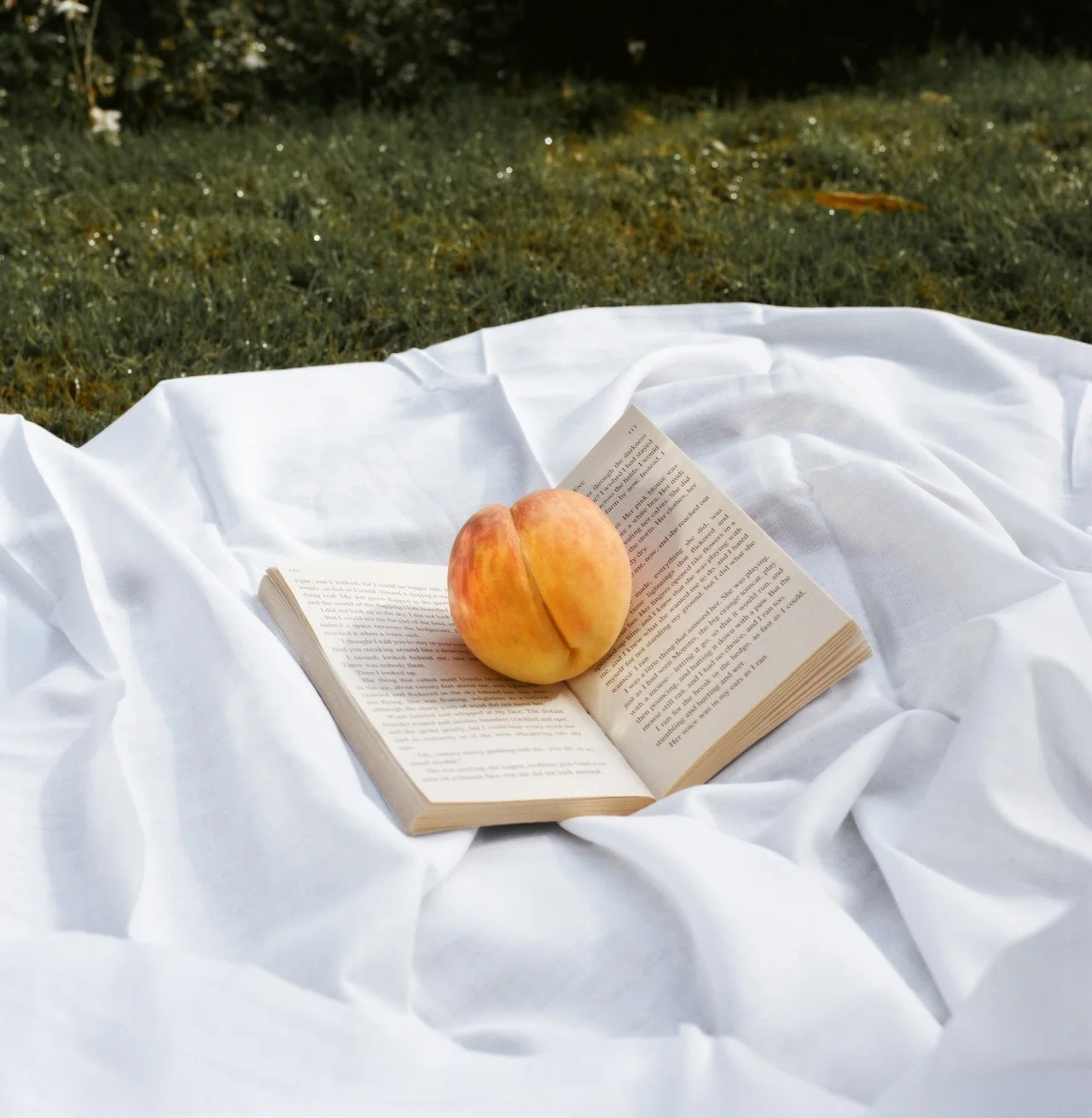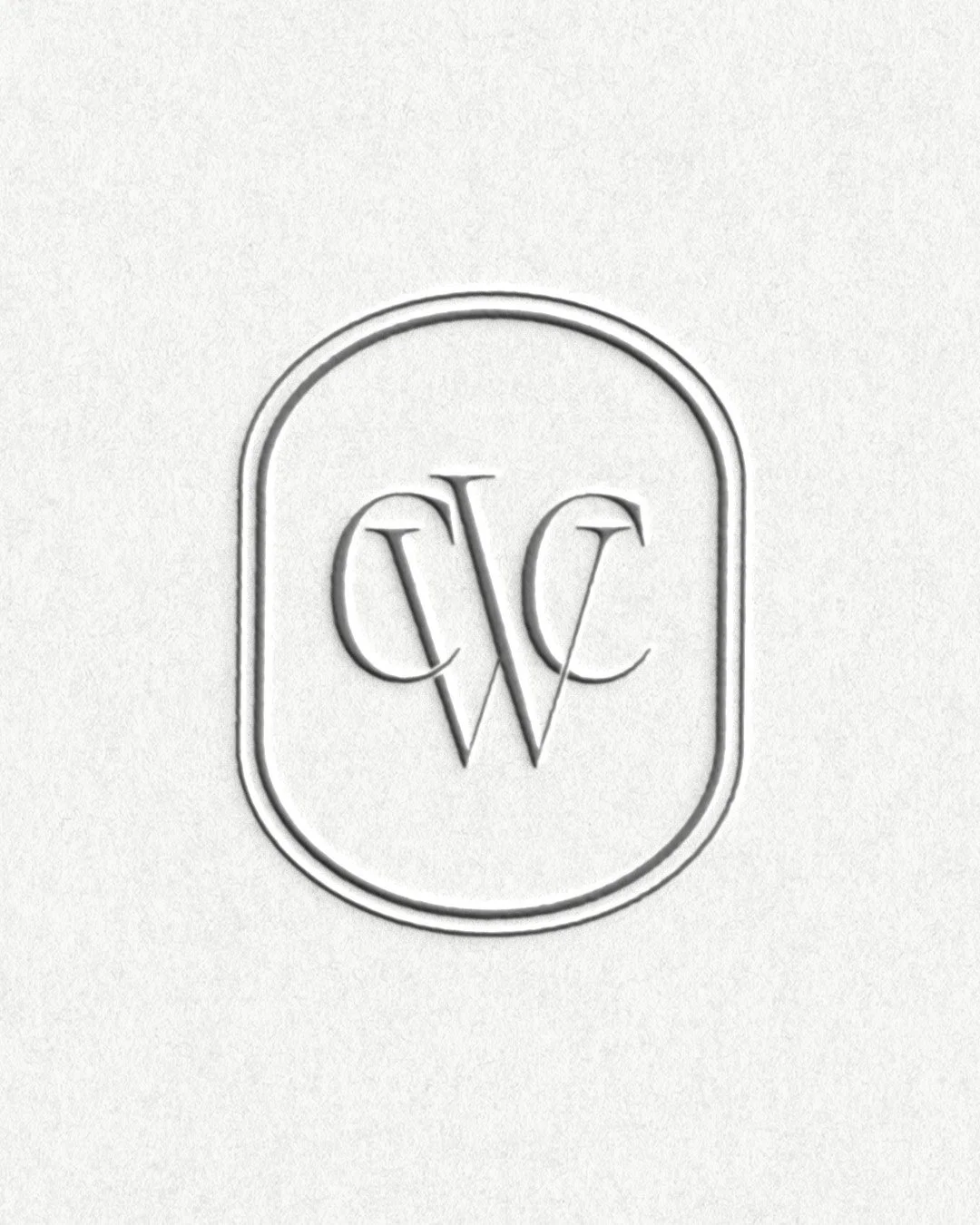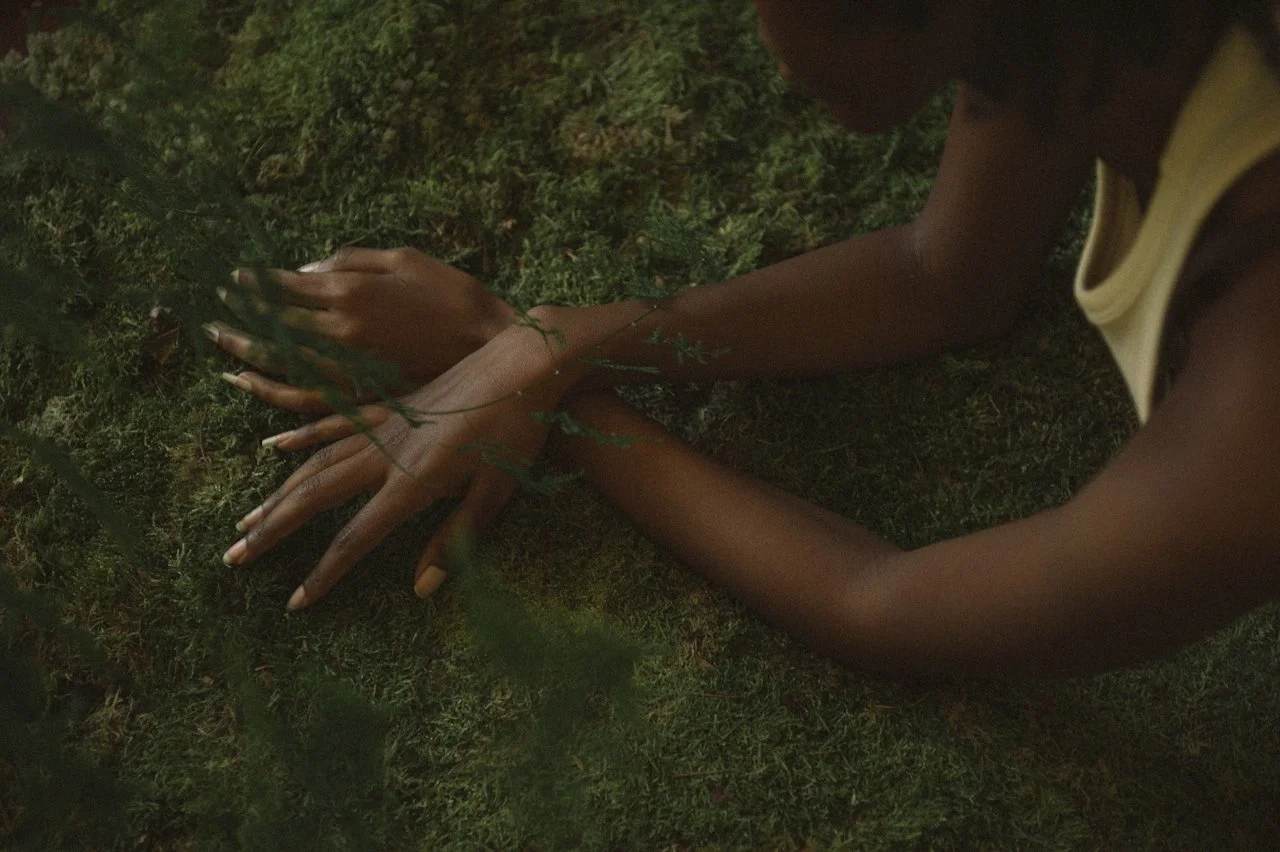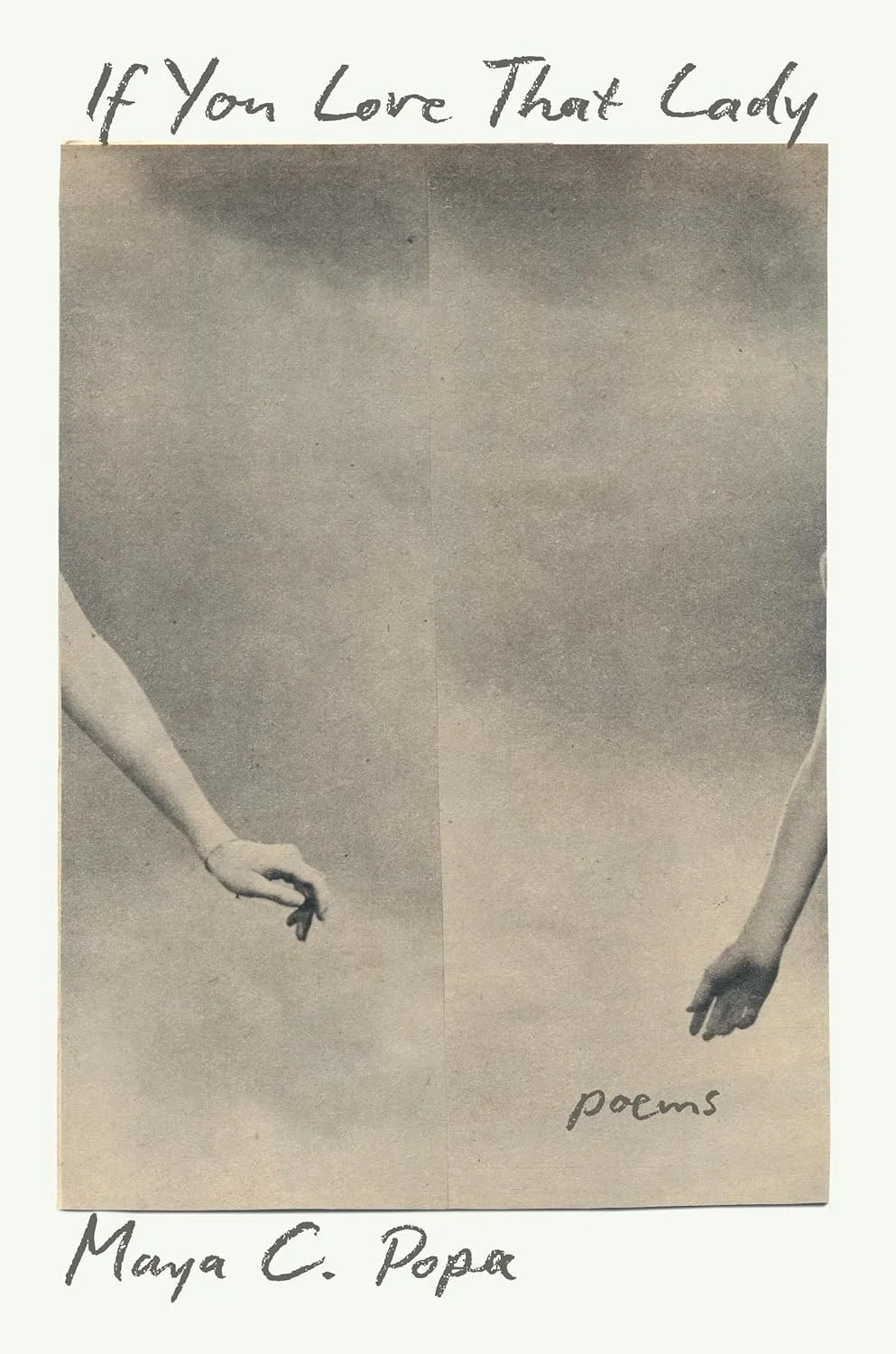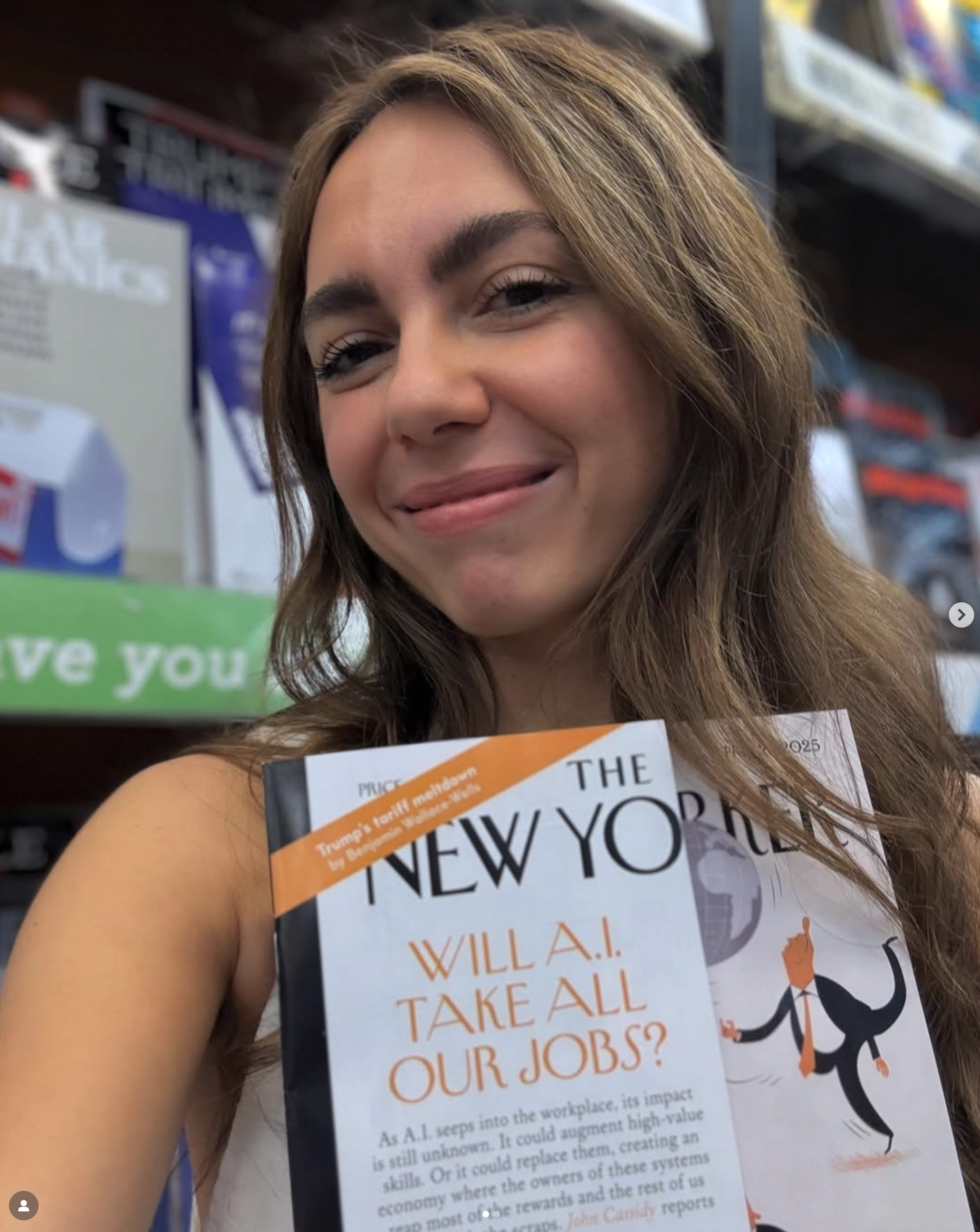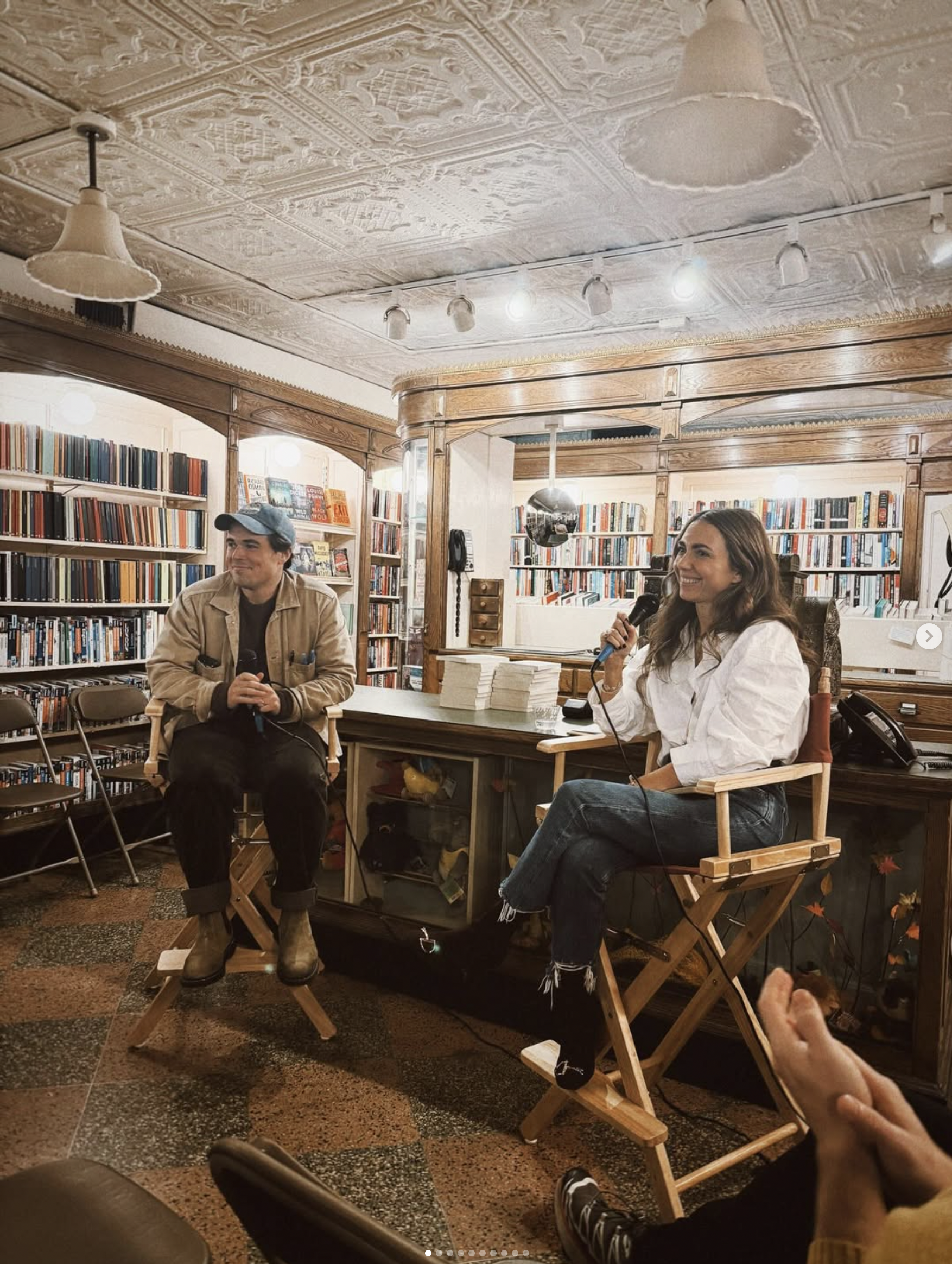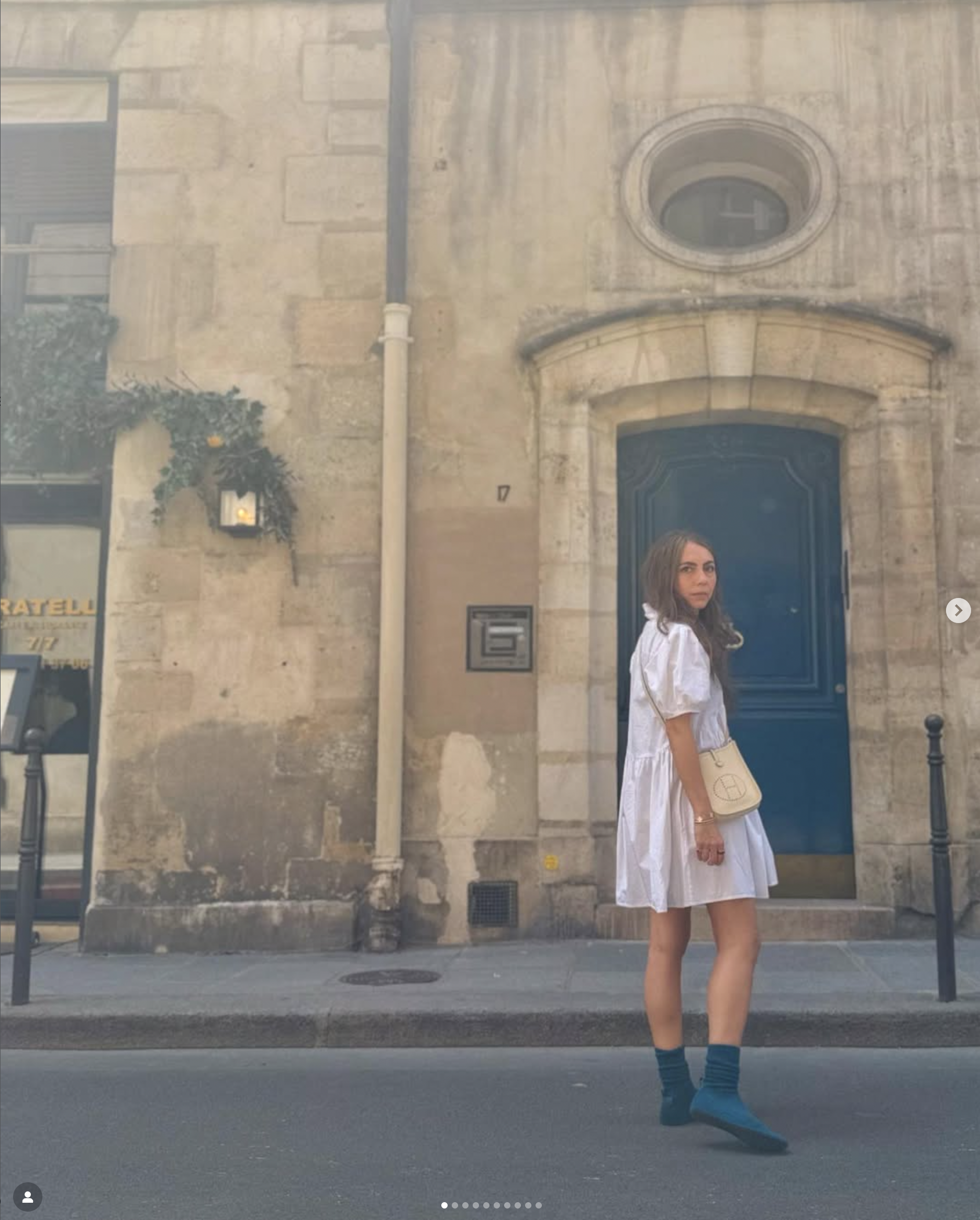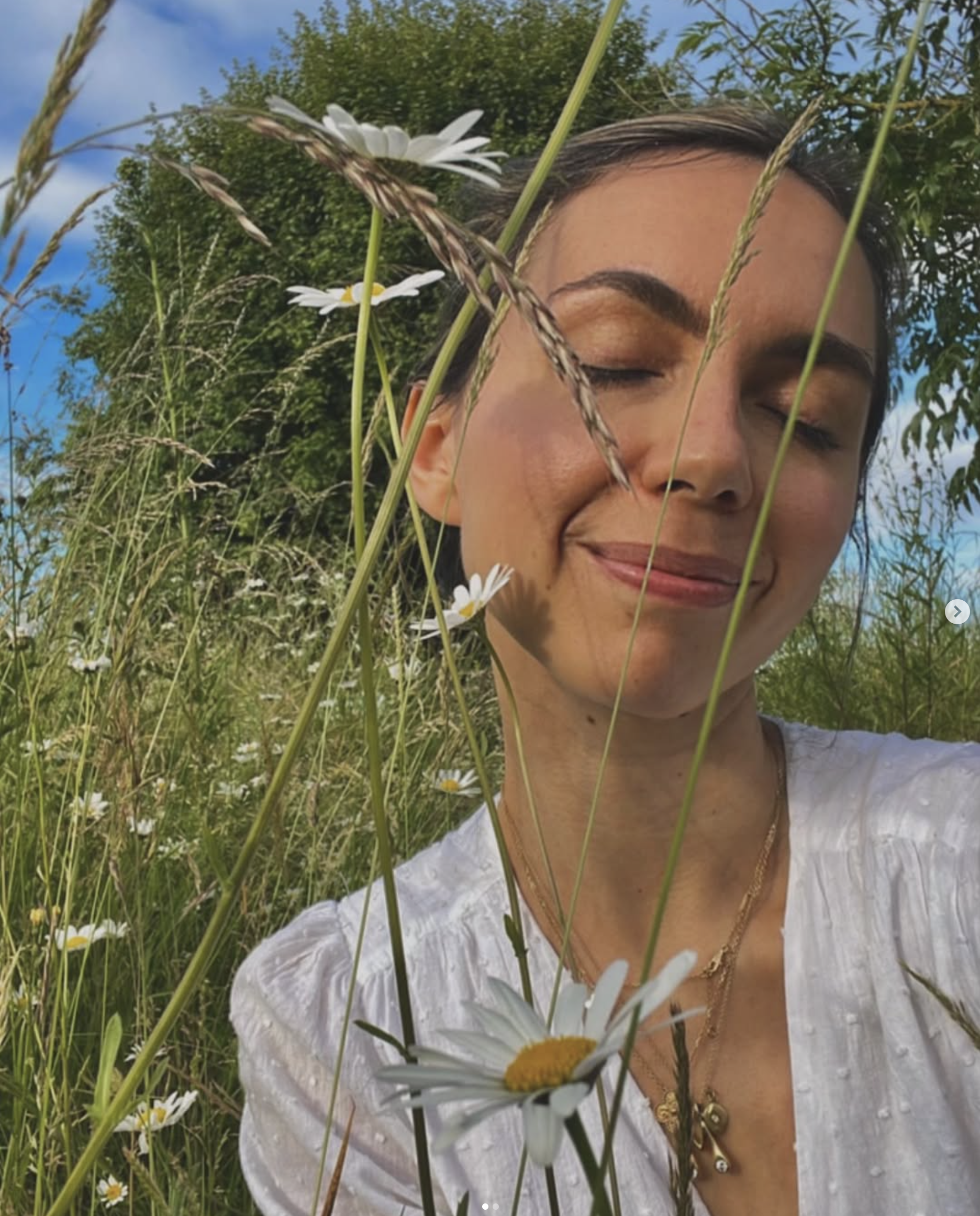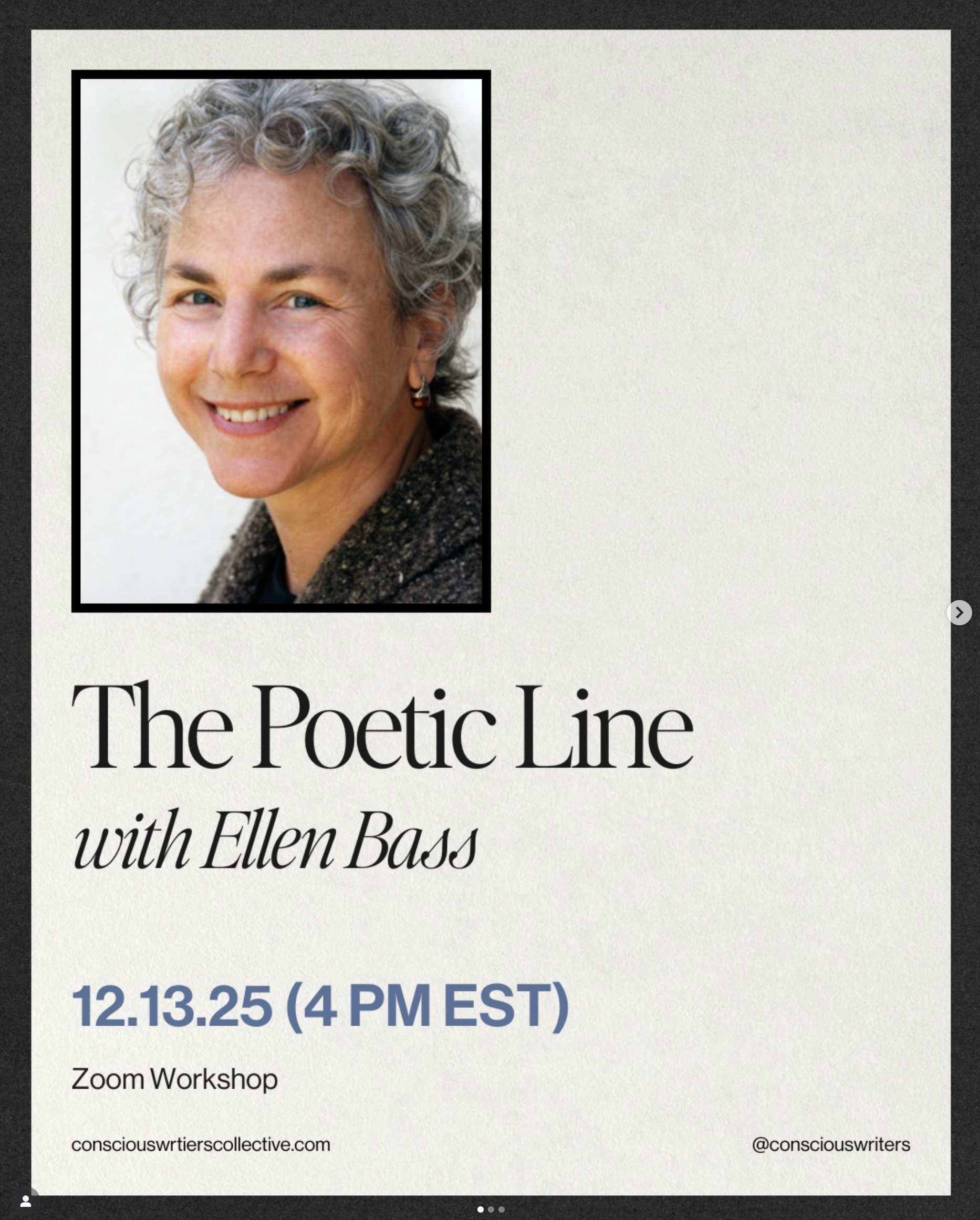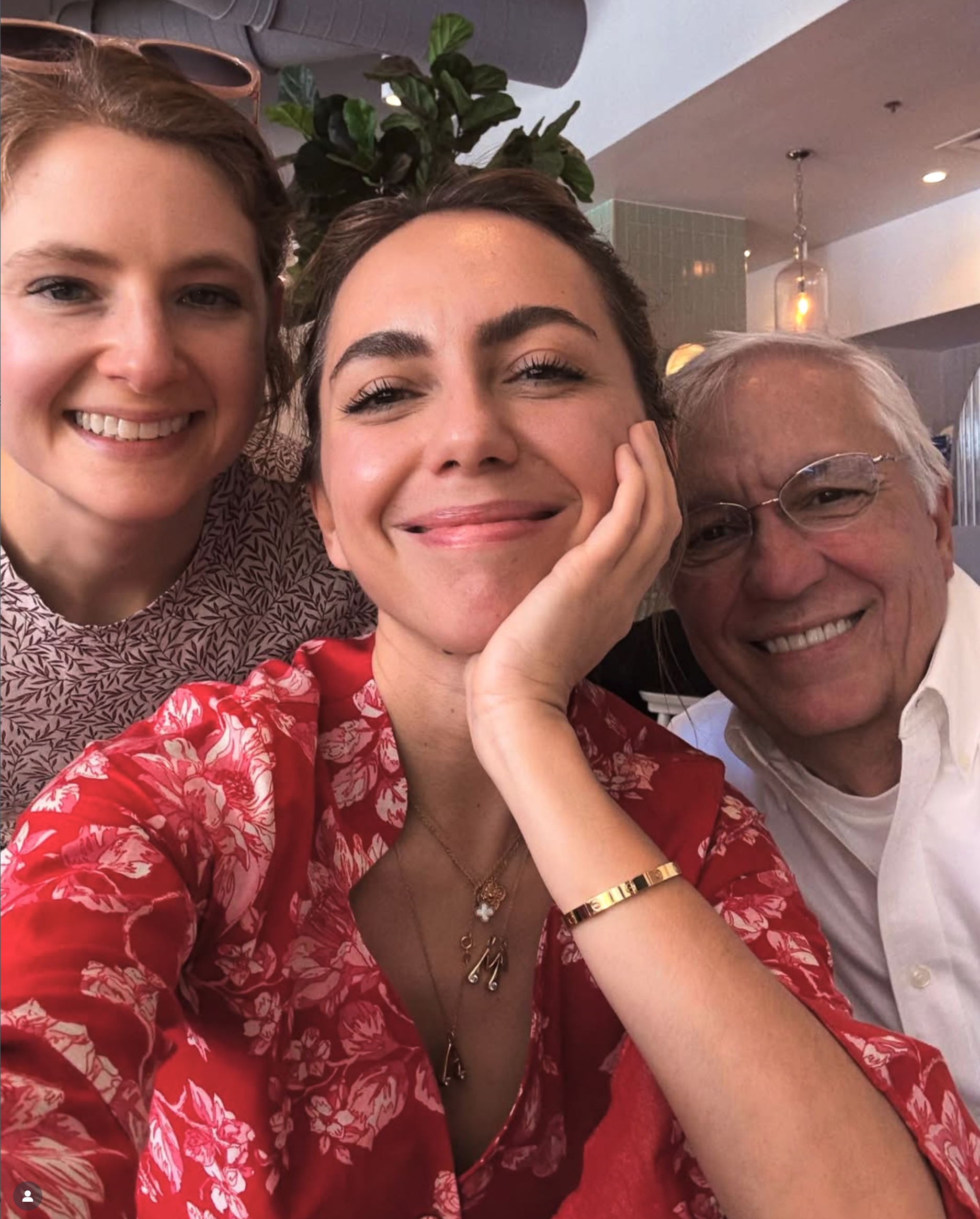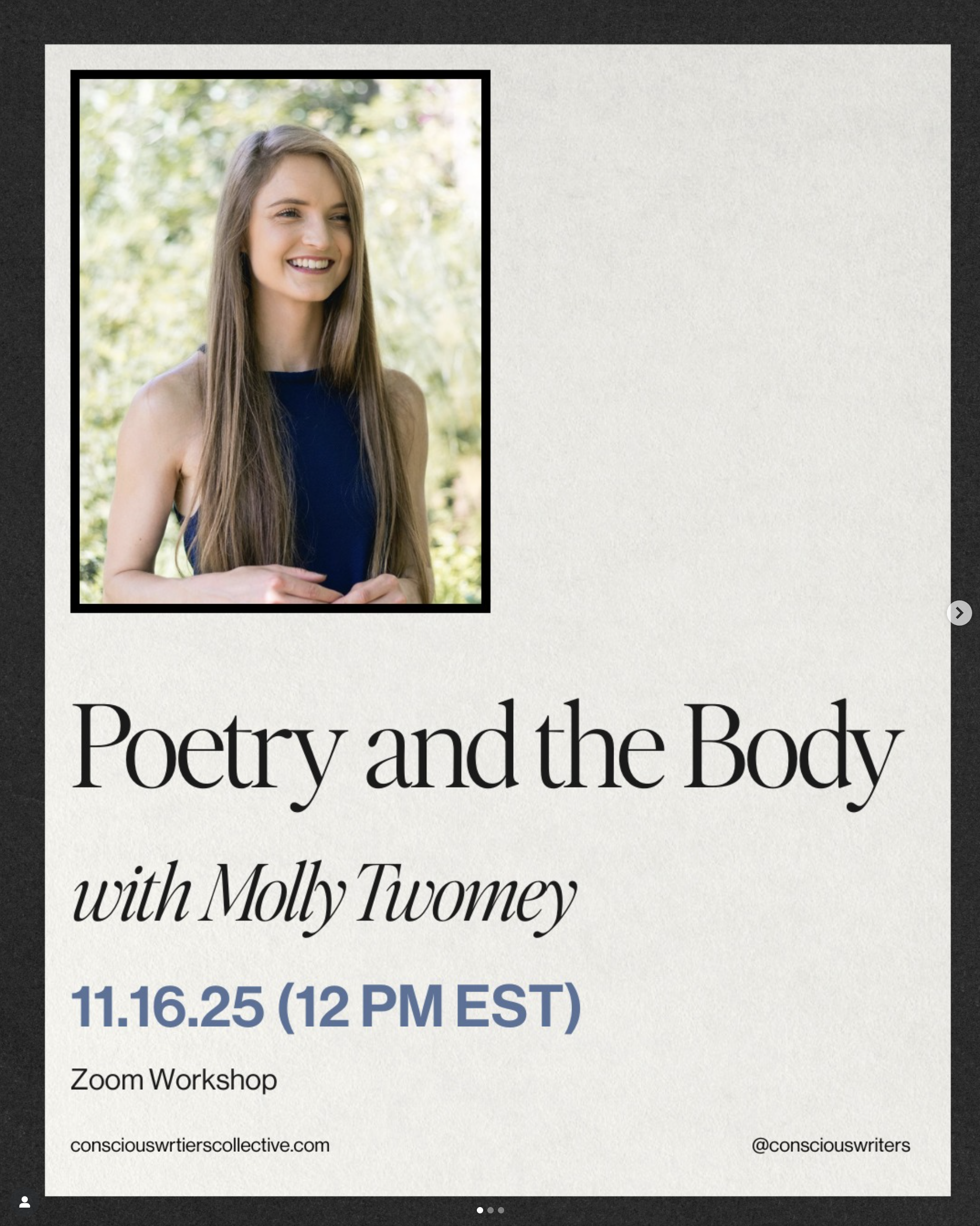If You Love That Lady
A New Collection of Poems
by Maya C. Popa
“One of my generation's finest poets—a truly peerless voice that realizes itself at such a startlingly scintillating pace. An immense book and a searing achievement.”
― Ocean Vuong ―
Maya C. Popa
POET / EDUCATOR
Dr. Maya C. Popa (b. 1989) is most recently the author of Wound is the Origin of Wonder (W.W. Norton 2022; Picador 2023) named one of the Guardian’s Best Books of Poetry. American Faith (Sarabande 2019) was runner-up in the Kathryn A. Morton Prize judged by Ocean Vuong and was awarded the North American Book Prize in 2020.
She is previously the author of three chapbooks and has received numerous awards, including from the Poetry Foundation and the Oxford Poetry Society. Her writing has been commissioned by The United Nations and other institutions, and her poetry has been featured on a Louis Vuitton trunk for the Visionaries campaign, as well as in the Van Cleef & Arpels Spring Festival. She holds a PhD on the role of wonder in poetry from Goldsmiths, University of London, where she was a recipient of a department bursary for exceptional merit, and previous degrees from Oxford University, NYU, and Barnard College.
Popa is the Poetry Reviews Editor at Publishers Weekly and teaches poetry at NYU. She works closely with established and emerging writers through Conscious Writers Collective, her online writing platform and community designed to help writers identify and meet their writing and publishing goals.
She is represented by Peter Straus at RCW Literary Agency. For speaking engagements, please contact Blue Flower Arts.
Maya C. Popa is an exquisite master at turning her experiences of the world into light, which she then shines into our own hearts. Reading her poems is such an intimate engagement, like finding a room in your own house that you didn’t even know was there.
- Elizabeth Gilbert -
FEATURED IN:
